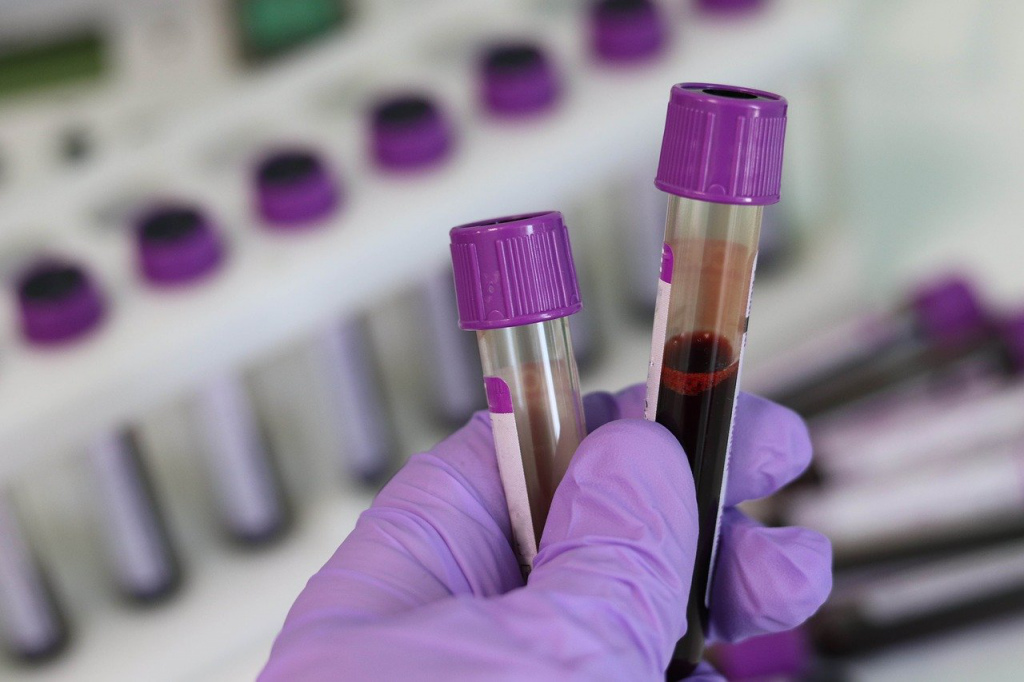
Healthcare in the U.S, as well as other developed countries, has made astonishing advances over the years. Technology has played a significant role and is considered to be the driving force behind medical advances in all fields, especially when the focus is on the rate of recent innovations and change.
From virtual reality that helps speed up rehabilitation, ultrasound gadgets small enough to fit in the pocket, to artificial intelligence that’s faster and more accurate detecting tumors compared to experienced medical experts. These are just but a few medical advancements working to meet health needs and transforming medicine.
Medical Advancement with Significant Impact on Health Needs
Medical advancement is taking shape faster than anyone can anticipate, and at this rate, no one can predict what the future of healthcare holds – the rewards are limitless.
Accessible treatment
Based on statistics from different analysts, increased accessibility to healthcare is perhaps one of the most tangible ways medicine has advanced to meet healthcare needs. Technology in healthcare has opened up more ways for both exploration and research, making it much easier for medical experts to cater to the healthcare needs more effectively than before.
Better care and efficiency
One of the critical areas that have significantly grown and continue to do so at a remarkable pace is patient care. Today, a medical expert such as an ENT doctor can offer safer patient care that is more reliable. Frontline medical workers, with the help of computers and other handheld devices, can collect, store, and share patient data in real-time within an updated medical history.
Storing an accumulated record of patient data such as lab results, vital signs recordings, and symptoms in a centralized location have significantly transformed patient care and efficiency expected by patients as soon as they get into the healthcare system.
According to hearing aids Southern Maine specialists, vast advancements have also been made in otolaryngology improving how medical experts conduct laser eye surgery, rhinoplasty, among others improving the quality of life of millions of patients.
Centralization of patient data is not only beneficial for patients but to scientists who get access to vast data to study and evaluate patterns and trends, helping them make breakthroughs quicker.
Improvement in healthcare and disease control

A few decades ago, infectious diseases could wipe entire populations before remedies were put in place to control the spread. With the development of medical software, health institutions such as the World Health Organization can classify diseases, their cause, and symptoms into a mega database that constitutes more than 12,000 unique codes.
This kind of resource helps health scientists track, retrieve, and use valuable stored data to fight diseases satisfying our health needs. Healthcare experts are now able to follow procedures that reduce paperwork while allowing them to improve healthcare inefficiency. While this has tremendous benefits to healthcare practitioners, patients are also reaping the services through a more transparent healthcare system that is more involved.
Bottom line
Over the years, the world has experienced some fascinating healthcare advancements from stem cell research, improved immunotherapy, genetic mutation research, nanotechnology, among others. Soon, medical experts predict a wave of robotics engineering into medicine, which will profoundly affect medical accessibility globally.
With all the healthcare advancements we are witnessing, the future human will fight off diseases better than we can today.
Leave a Reply
You must be logged in to post a comment.